Depending on the desired heating temperature and the kind of heat that must be produced, different designs are used in different industrial contexts. Electric ovens are used in applications where high-heat is not necessary. Read More…
Weiss Envirotronics is a worldwide leader in the design, manufacturer and service of environmental test chambers. A complete line of standard and custom chambers, from bench top models to full walk-in and drive-in solutions to meet any testing requirement. Not sure what you need? Let one of our applications engineers help. Weiss Envirotronics, Inc is ISO 9001 registered and A2LA accredited.
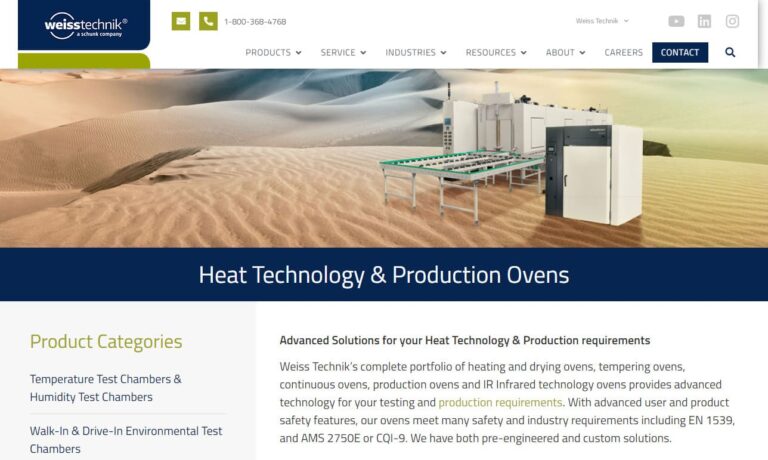
Complete finishing systems are designed around your specific process needs and are optimized to fit within your space requirements. We specialize in producing paint systems for wet and powder coatings, while also providing comprehensive design, fabrication, installation, start-up, and training services. Our complete finishing systems consist of an overhead conveyor, pretreatment washer, dry-off...
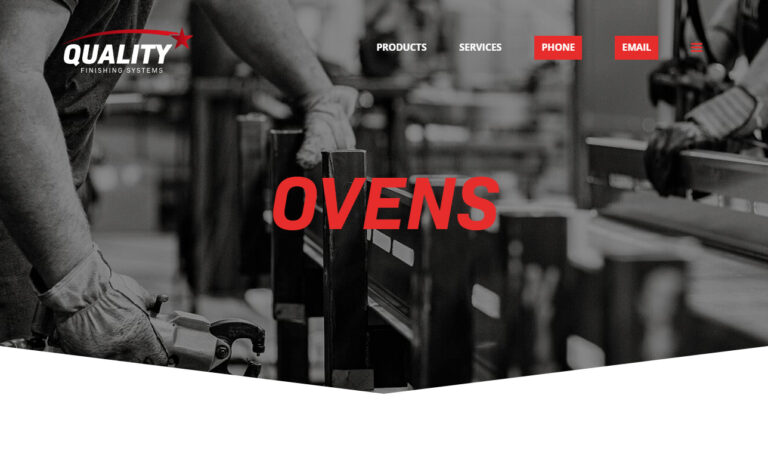
Surface Combustion offers a diverse product offering for batch, continuous furnace designs for atmosphere, non-atmosphere, or vacuum processing of ferrous and/or nonferrous components/materials. The convection design is optimal for temperatures between 350°F – 1400°F and are engineered to perform and built to last.
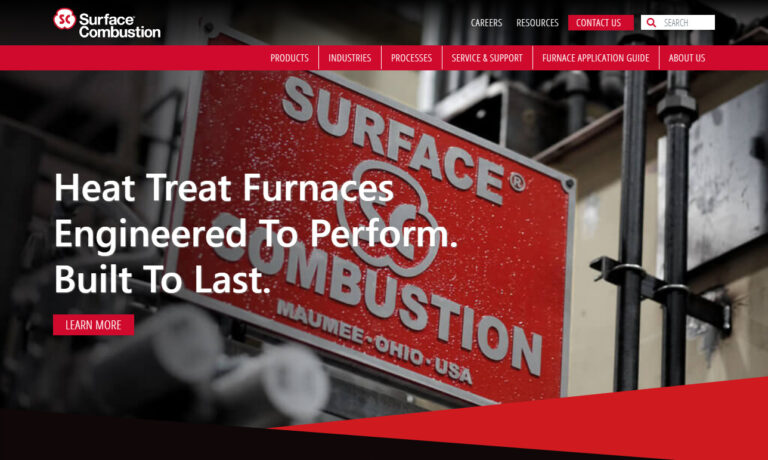
Since 1961, Thermal Engineering’s process & finishing systems contribute to the product quality of many automobile, furniture, paper, plastic & building products. Thermal’s industrial ovens offer savings in regards to time, energy & space and its solutions are designed for maximum flexibility for customers' use and with all applicable safety & code requirements that encompass a quality system.

Kleenair Products designs, engineers and manufactures high quality industrial ovens for industrial process systems. Our aging ovens, coloring ovens, drying ovens and food baking ovens serve many industries. We test fire each oven before shipping, guaranteeing your satisfaction. You will also find other process systems at Kleenair, including furnaces, drying systems, and energy recovery equipment.

C.A. Litzler Co. is ready to help you with your heat processing needs. With 60 years of designing and manufacturing experience, you can rest assured that the industrial oven you need can be built by us. We are determined to find the product that will meet your every need and requirement. Visit our website or give us a call today to learn more about how we can meet your needs.

More Electric Oven Manufacturers
Pre-heating, de-moisturizing, curing and drying are some of the main uses for electric ovens. Industrial baking ovens may also use electric heating coils to bake foods in the food service or packaged food supply industries.
Portable ovens, which cannot always be easily connected to natural gas or other heat generation sources, can often be easily connected to electric power sources. For applications with relatively low heat requirements, electric ovens are a good choice because of their efficient heating and low resource consumption compared to ovens that use natural gasses.
Electric ovens can heat products in a few ways. In electric natural convection ovens, heat is transferred from the heat source to the air to the product. Such ovens often feature coil designs where a coil at the bottom of an oven is heated. That heat then travels up and heats the products in the oven. There are limits to the efficiency of natural convection ovens because of the unevenness of heat distribution.
Industry researchers have identified this problem and answered it with forced convection and infrared ovens. These ovens don't have to be electric; some convection and infrared ovens burn natural gasses as their heat source. In electric forced convection ovens, a heat coil provides the heat source in the oven while a fan blows the heated air around resulting in an even distribution of heat.
These ovens are ideal for cooking large quantities of food at the same time. Infrared ovens transfer heat directly from the heat source, which is often a coiled tungsten wire, to the product without the coil-to-air-to-product transfer of heat that occurs in natural and forced convection ovens. Because of the directness of heat transfer in infrared ovens, they are very energy efficient and are becoming increasingly popular in industrial and consumer markets.
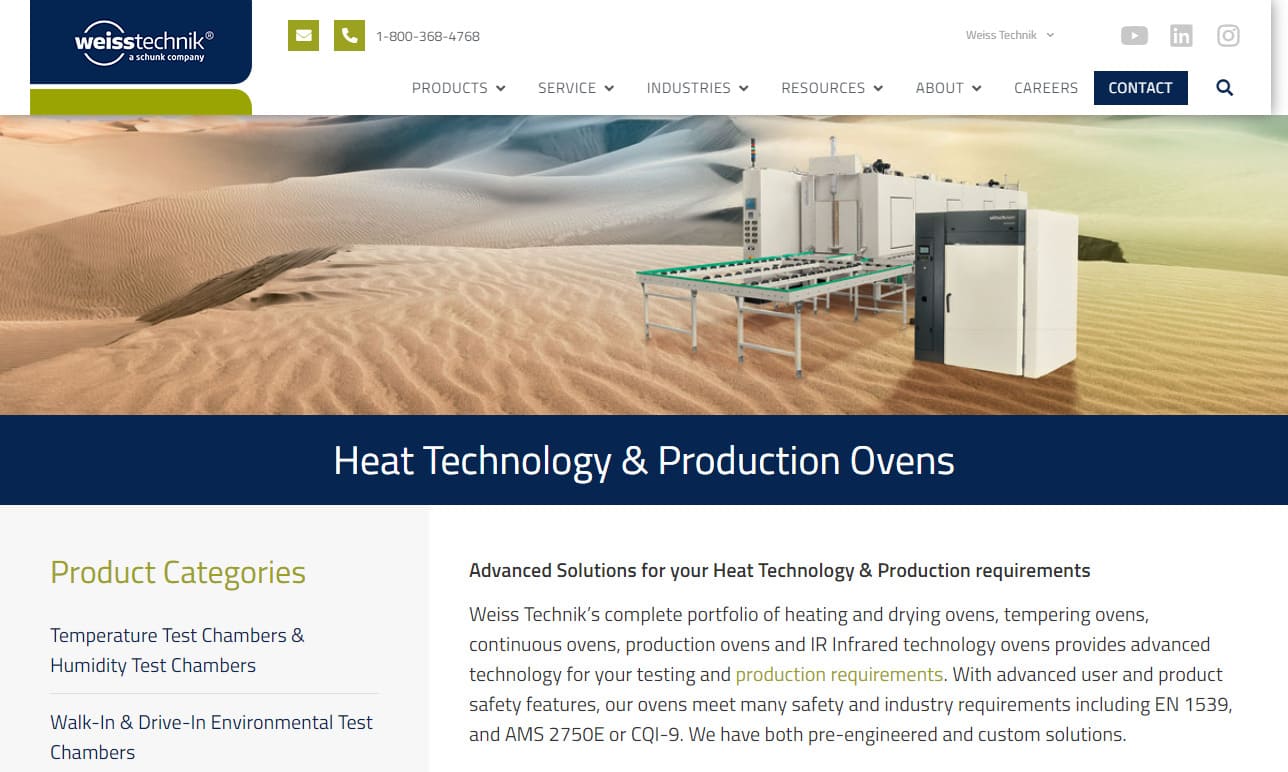
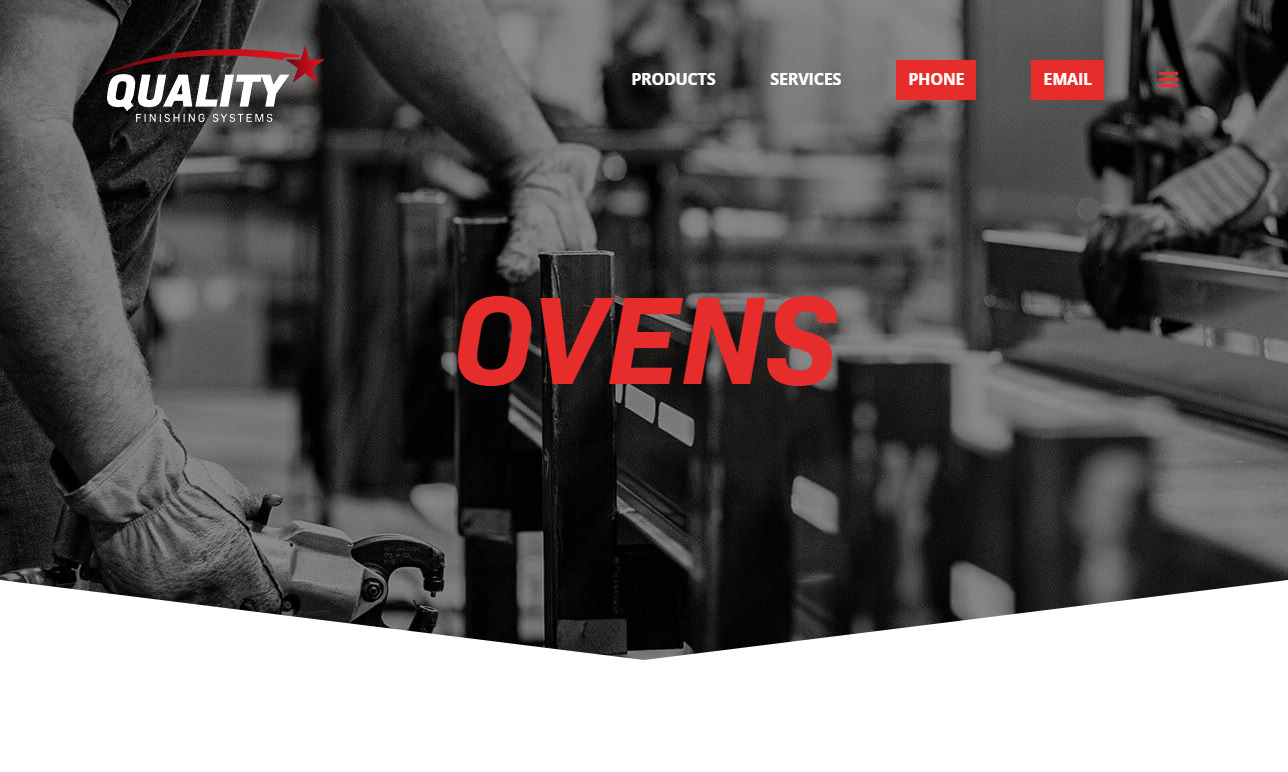
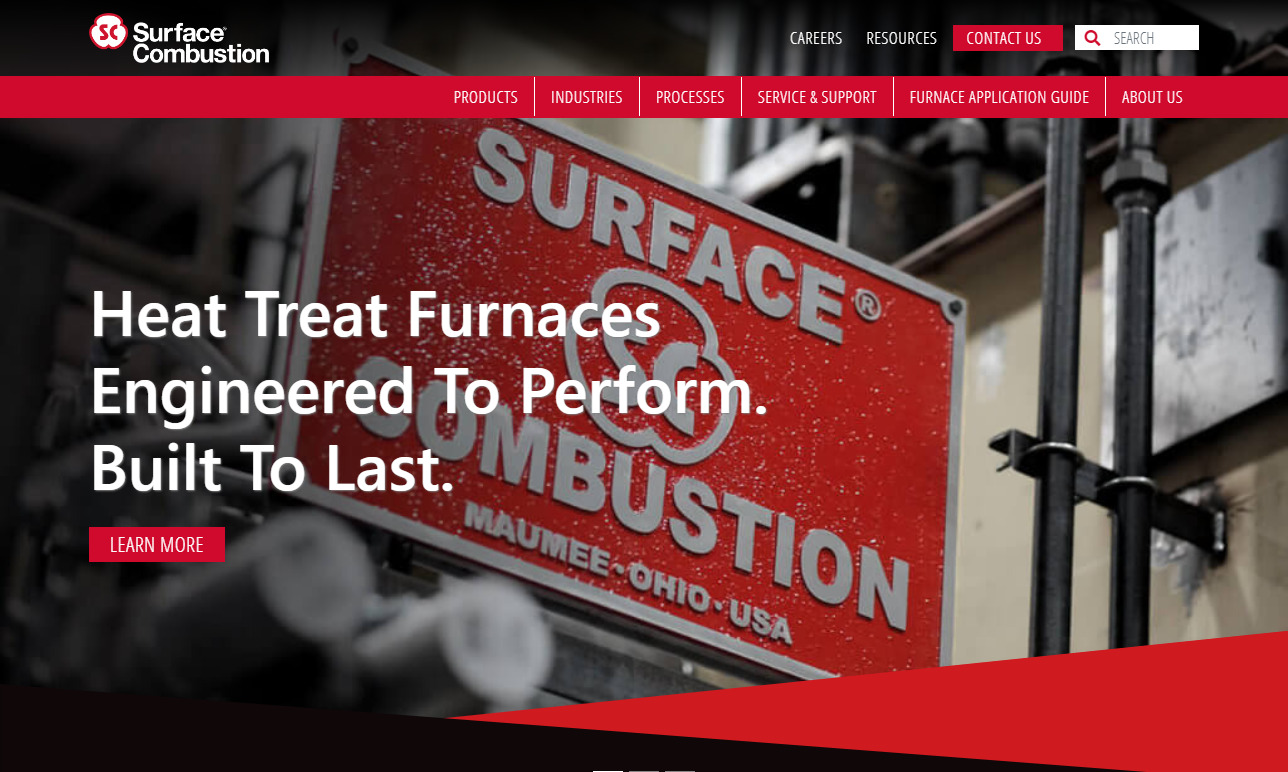



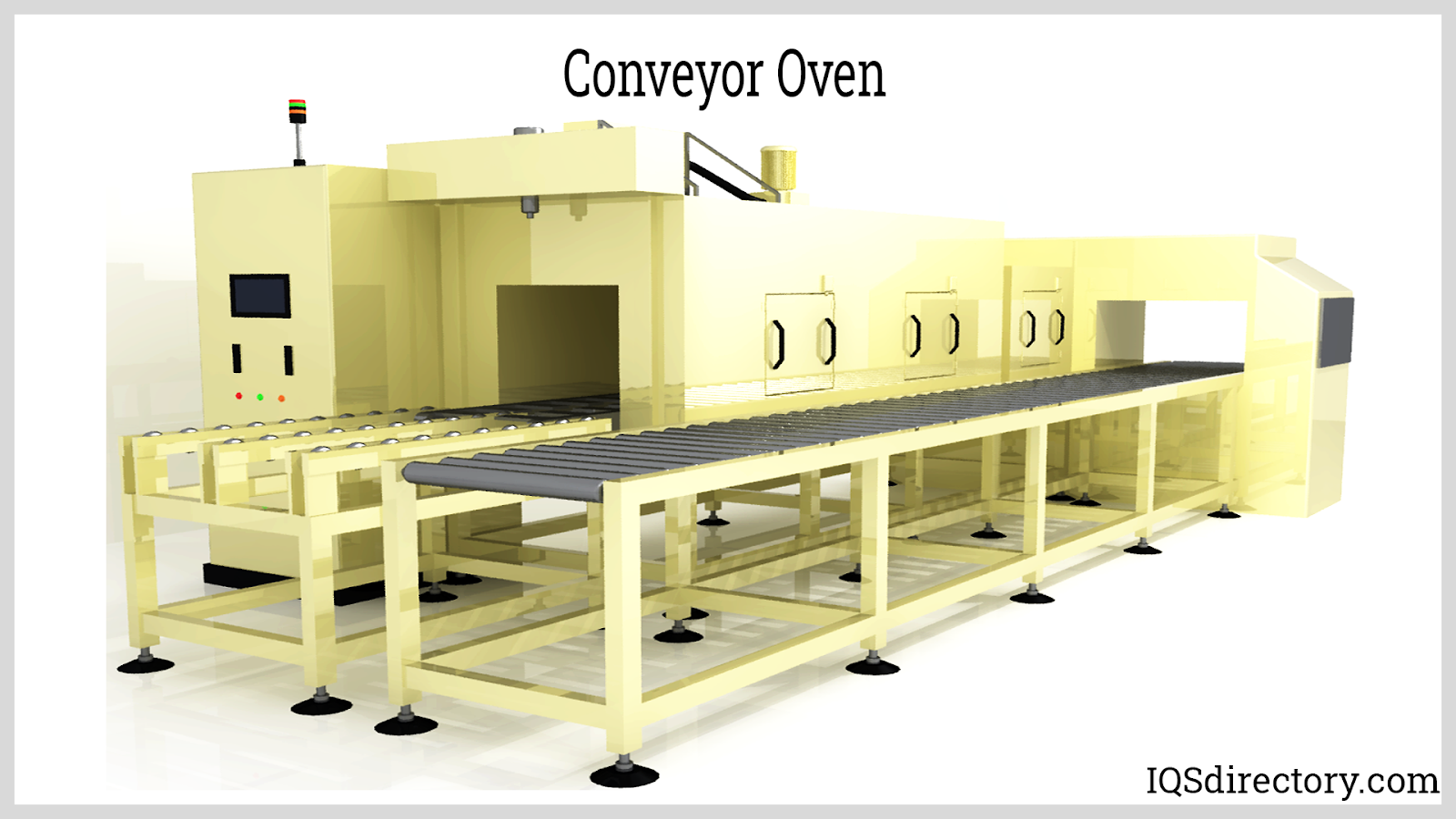
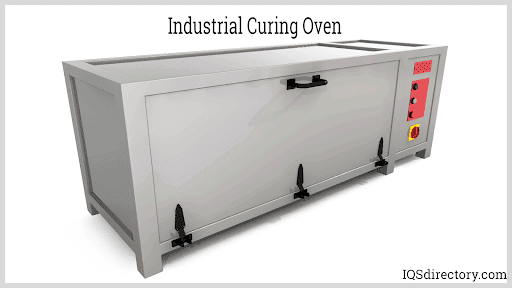
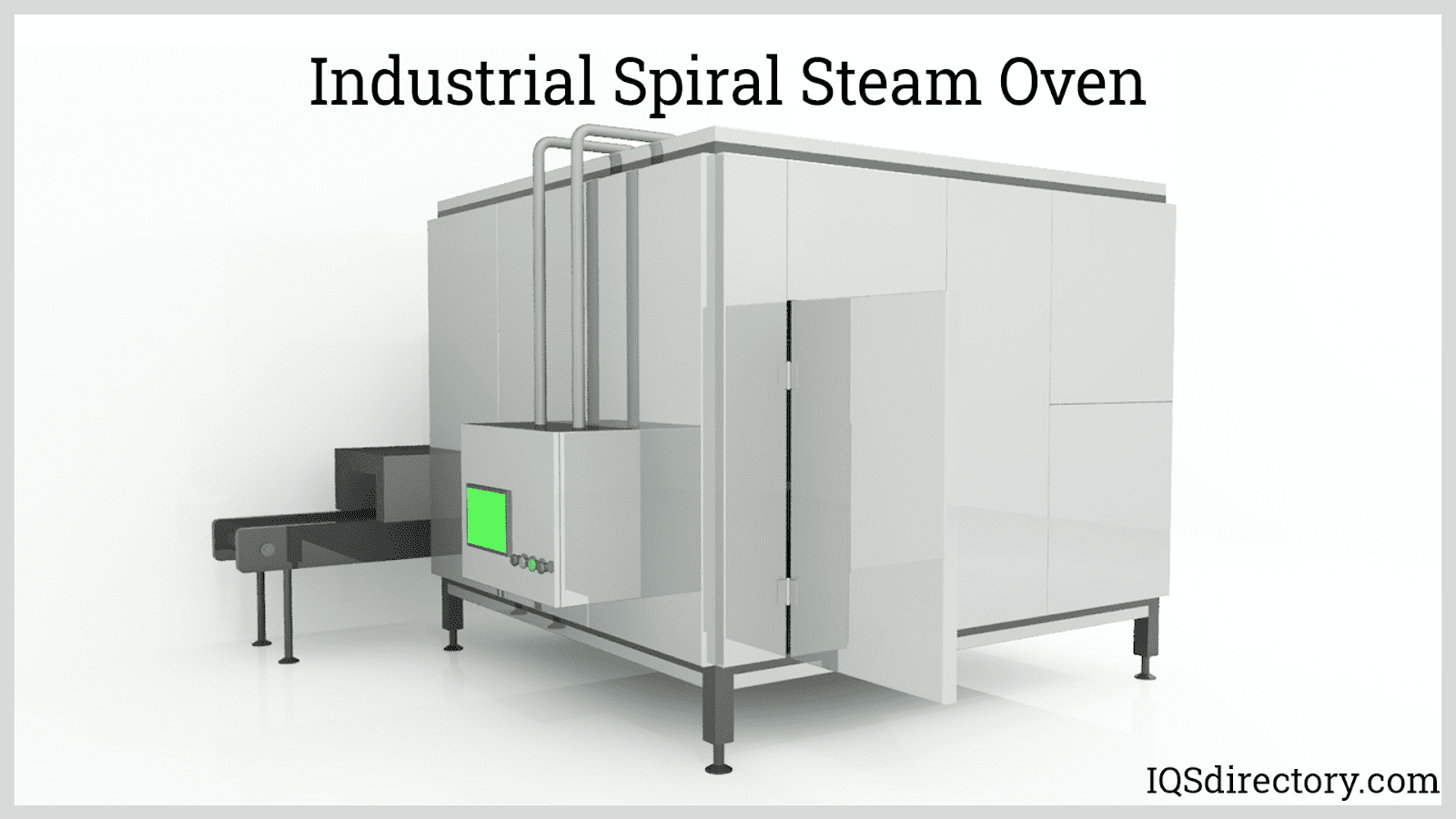
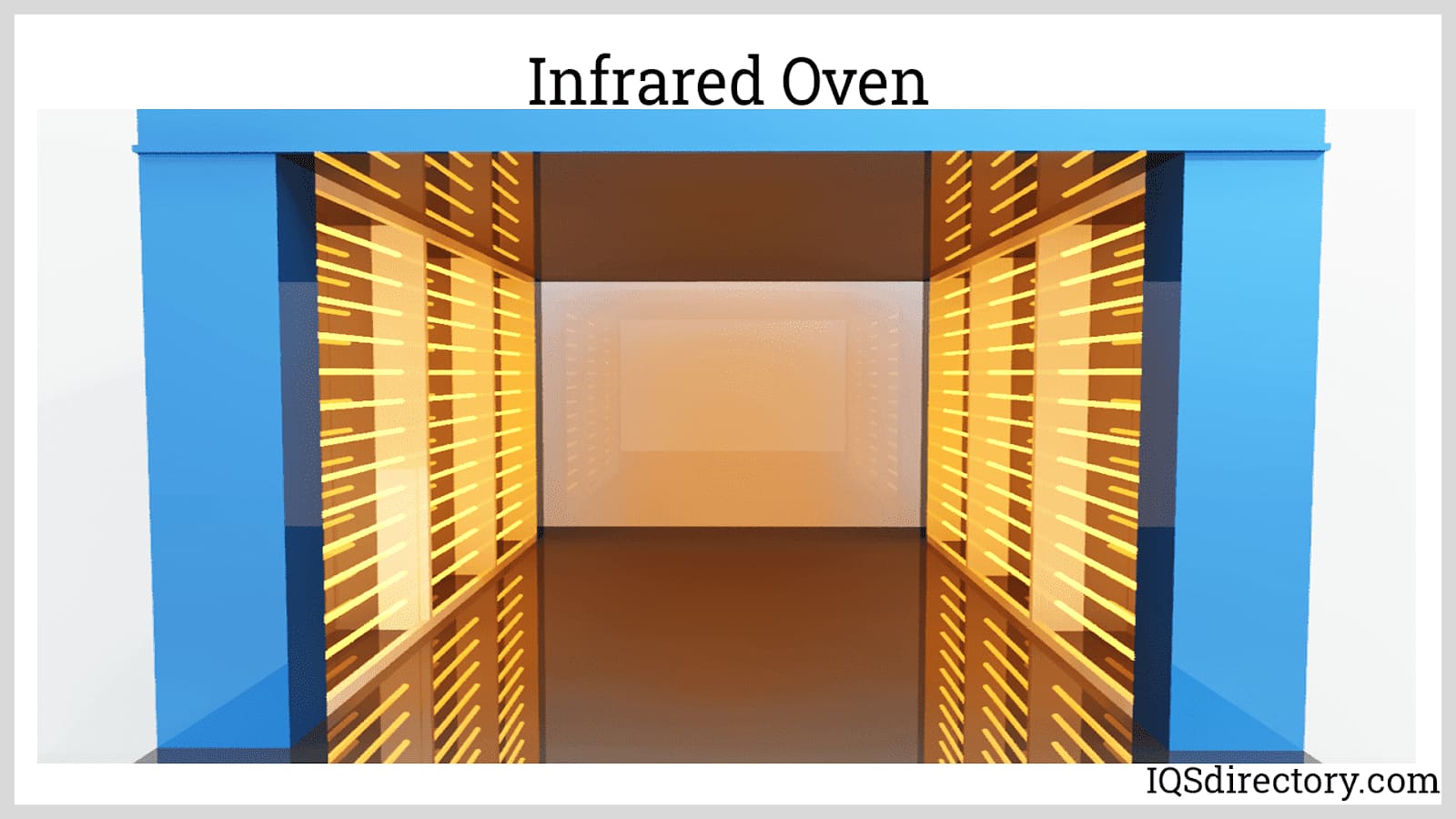
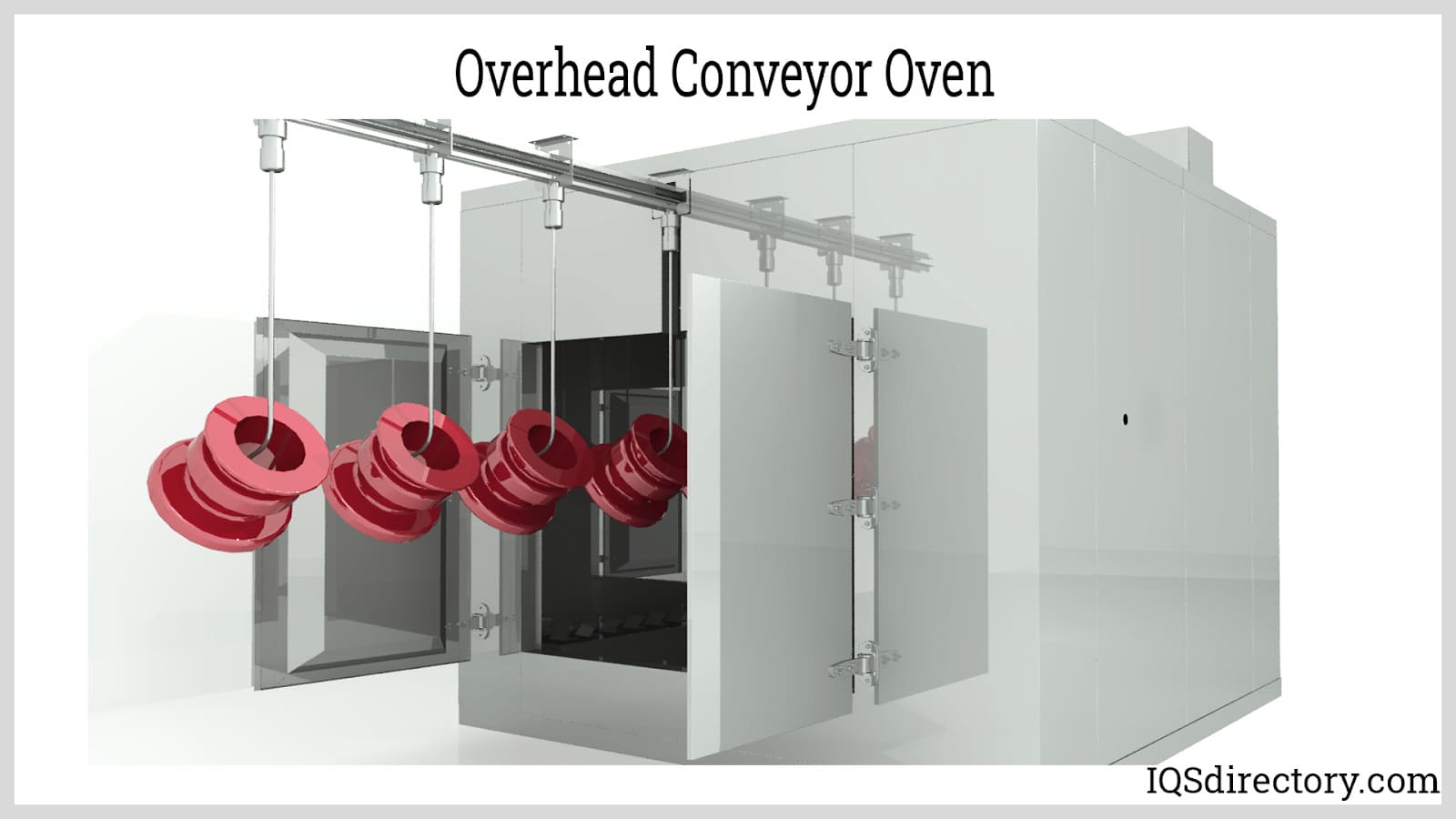
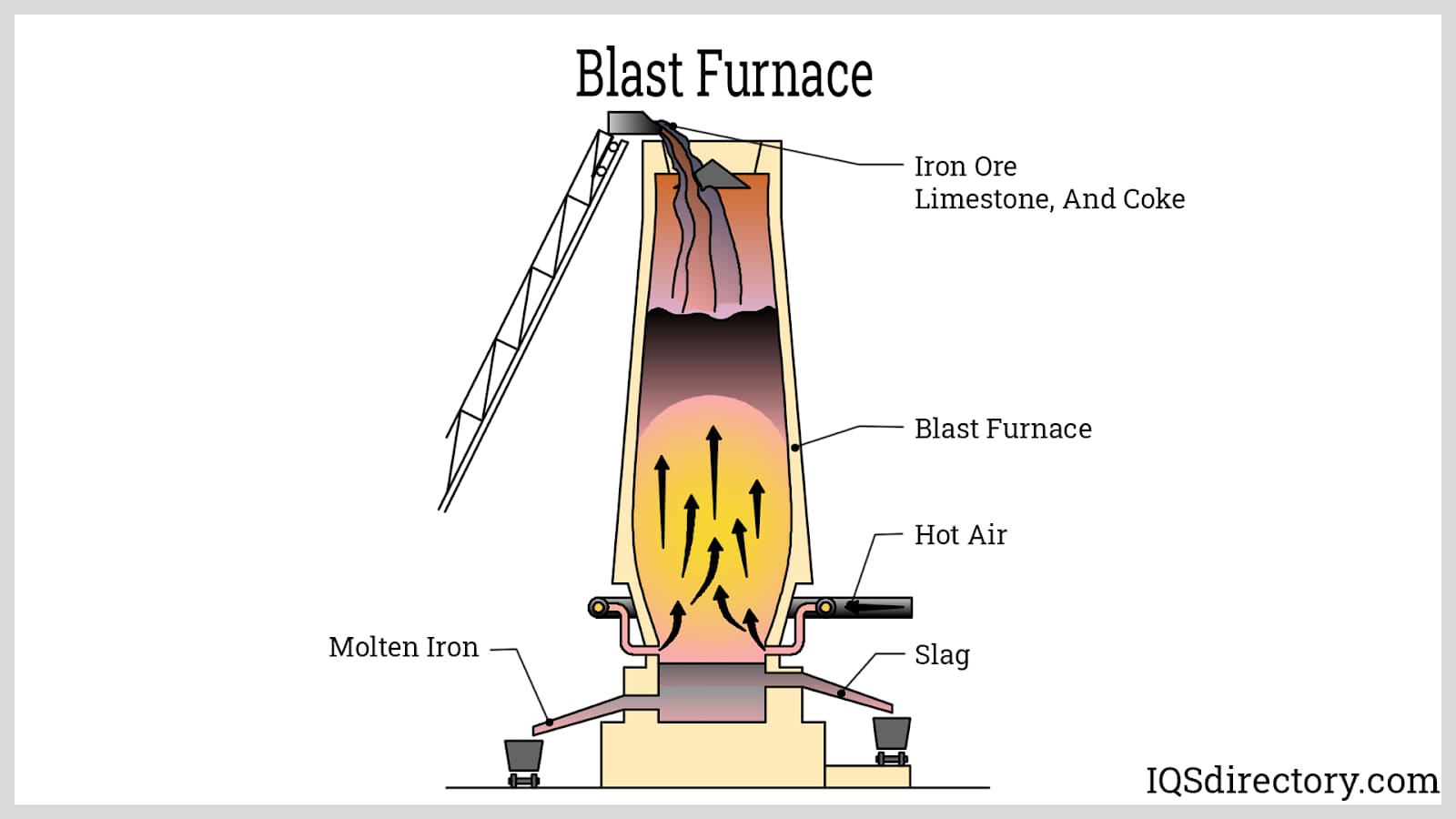
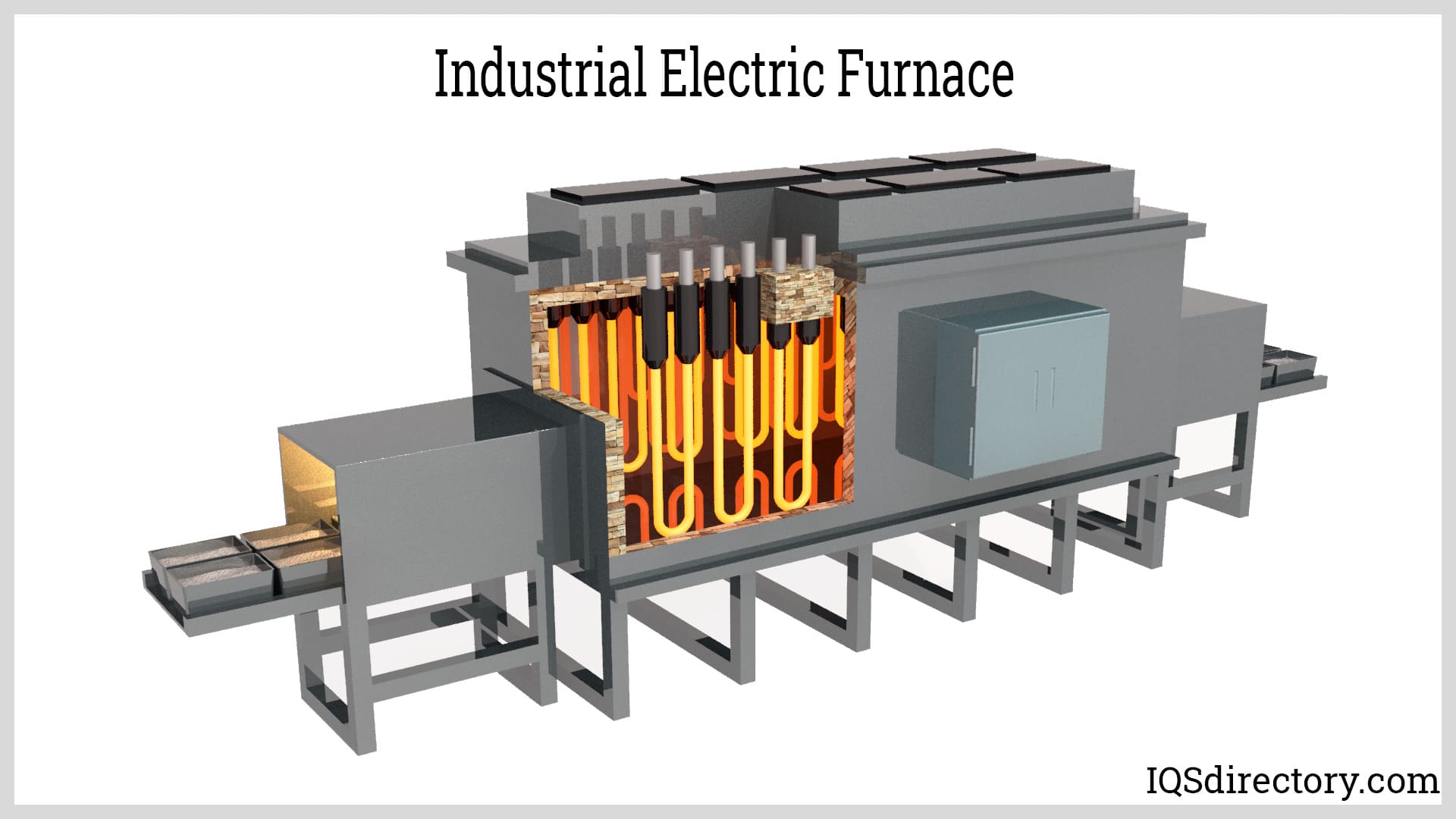
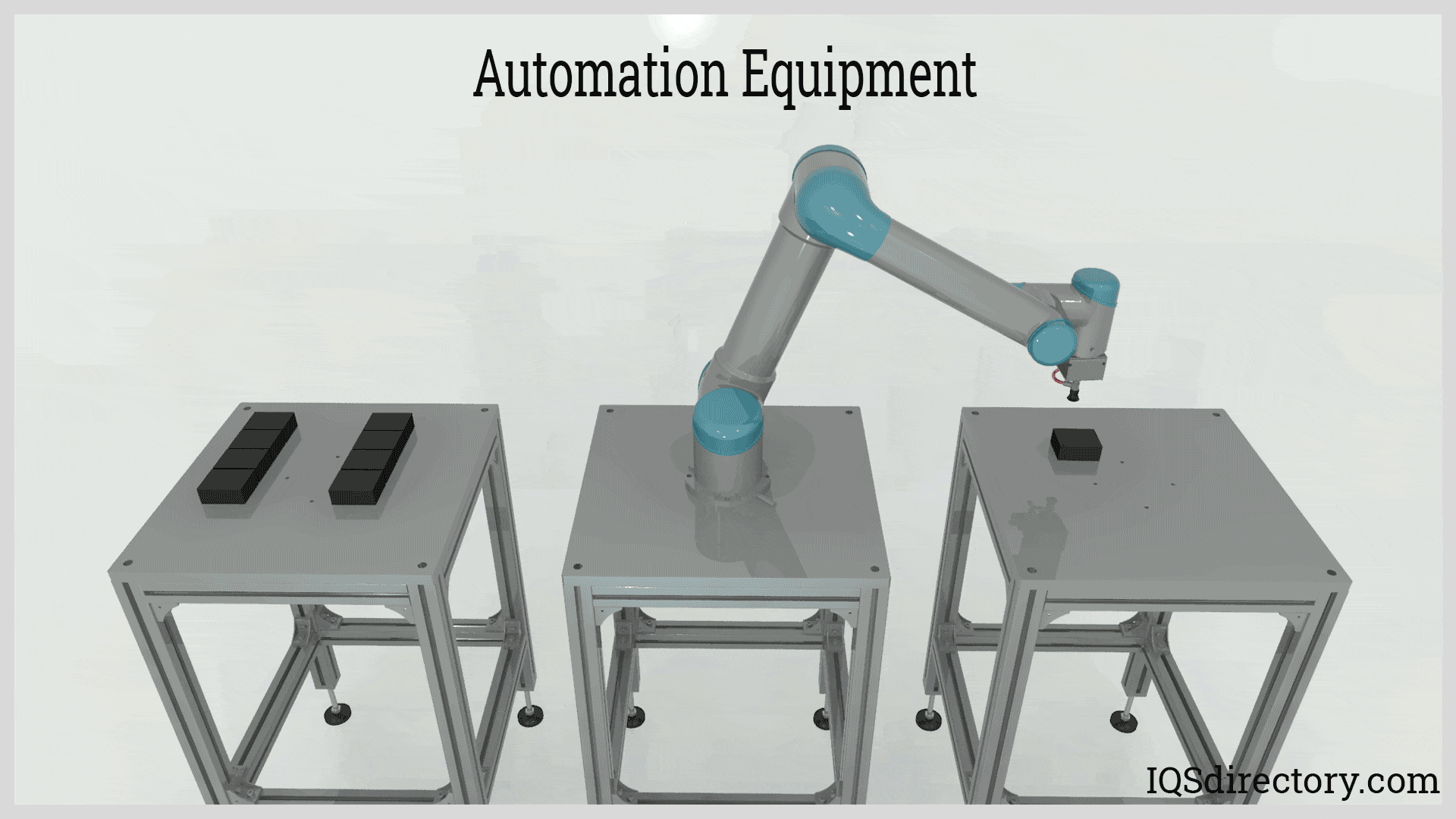
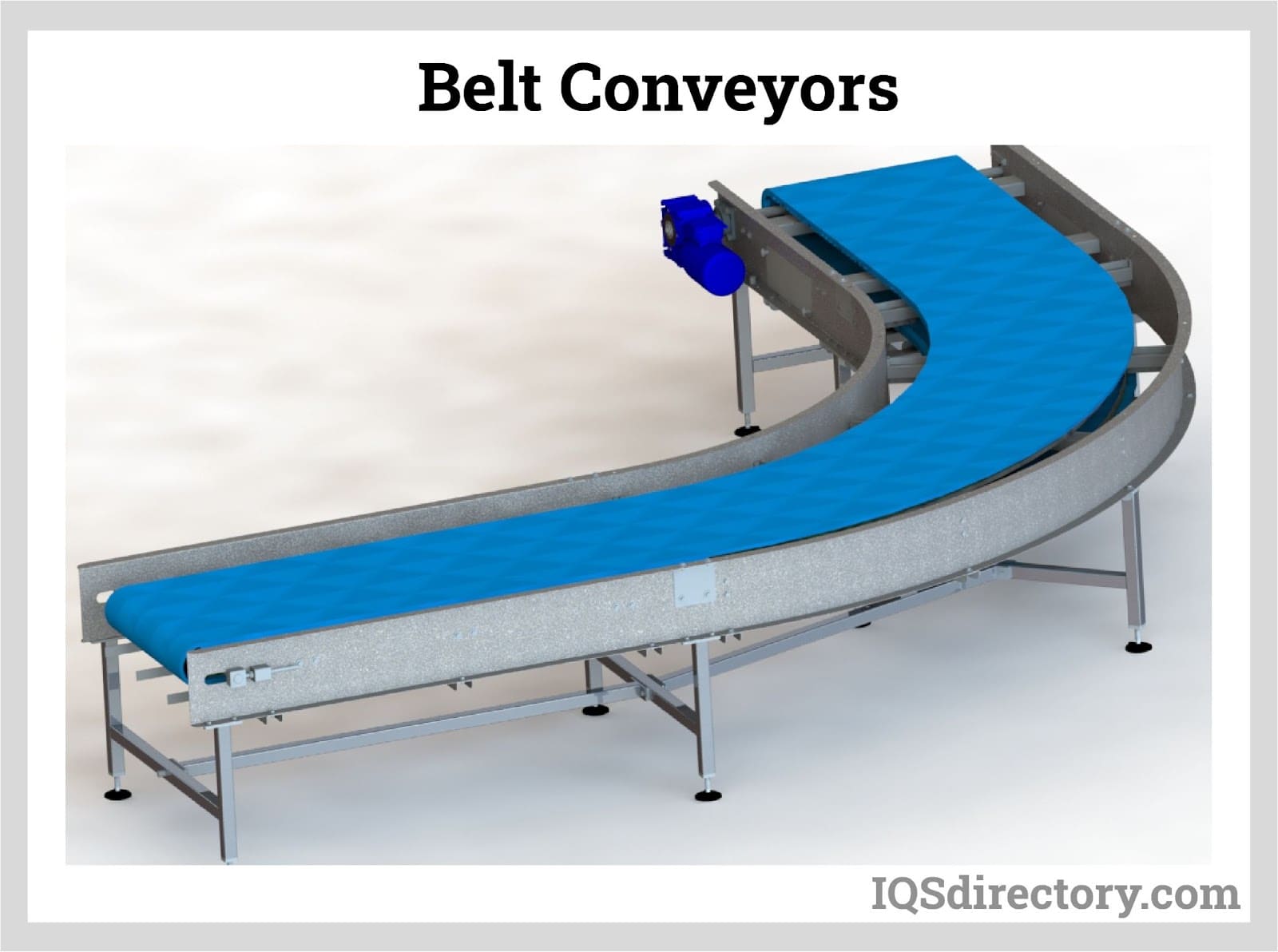
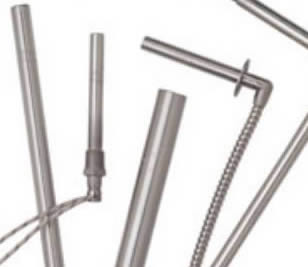 Electric Heaters
Electric Heaters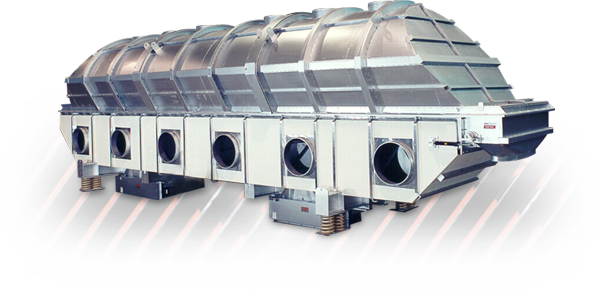 Industrial Dryers
Industrial Dryers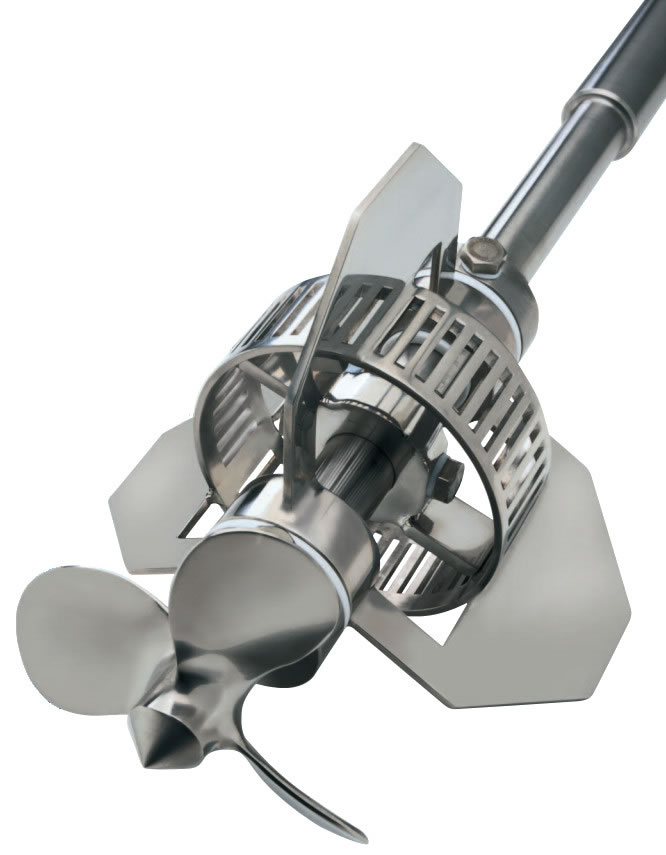 Industrial Mixers
Industrial Mixers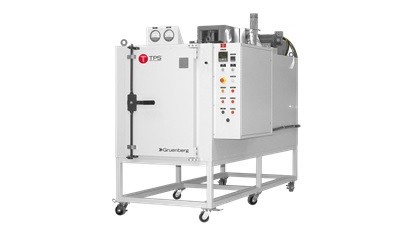 Industrial Ovens
Industrial Ovens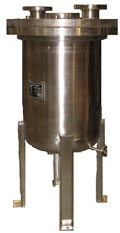 Pressure Vessels
Pressure Vessels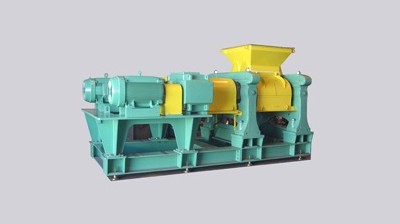 Pulverizers
Pulverizers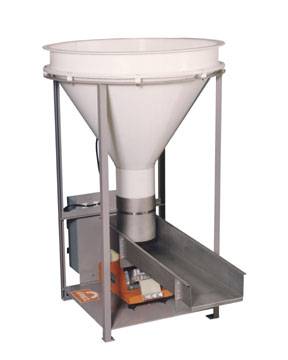 Vibratory Feeders
Vibratory Feeders Castings & Forgings
Castings & Forgings Bulk Material Handling
Bulk Material Handling Electrical & Electronic Components
Electrical & Electronic Components Flow Instrumentation
Flow Instrumentation Hardware
Hardware Material Handling Equipment
Material Handling Equipment Metal Cutting Services
Metal Cutting Services Metal Forming Services
Metal Forming Services Metal Suppliers
Metal Suppliers Motion Control Products
Motion Control Products Plant & Facility Equipment
Plant & Facility Equipment Plant & Facility Supplies
Plant & Facility Supplies Plastic Molding Processes
Plastic Molding Processes Pumps & Valves
Pumps & Valves Recycling Equipment
Recycling Equipment Rubber Products & Services
Rubber Products & Services